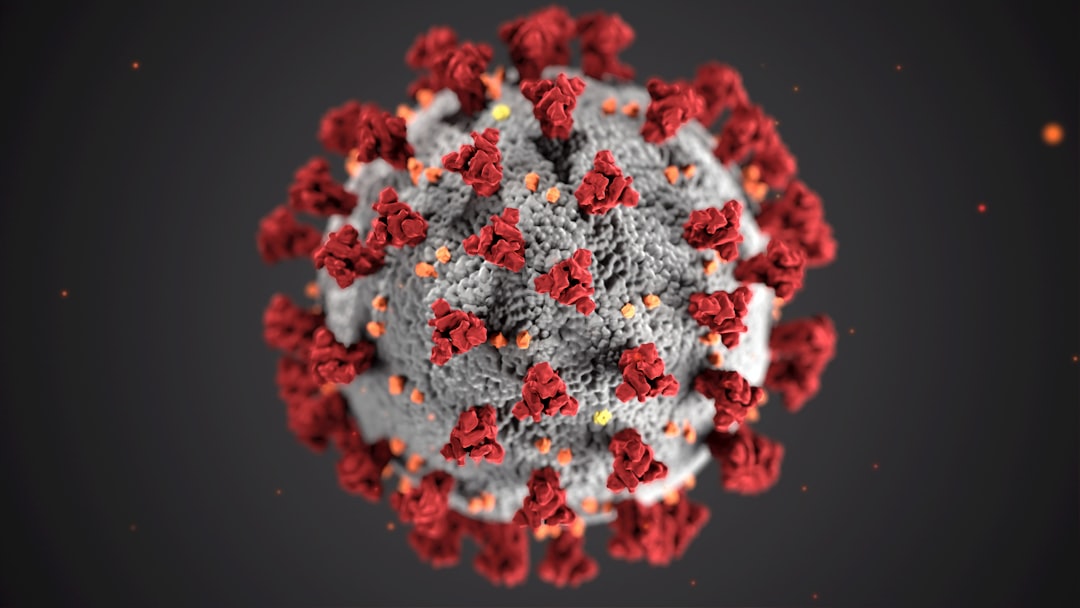What is it about?
Apolipoprotein A-I (ApoA-I) is a key component of high density lipoproteins which possess anti-atherosclerotic and anti-inflammatory properties. Insulin is a crucial mediator of the glucose and lipid metabolism that has been implicated in atherosclerotic and inflammatory processes. Important mediators of insulin signaling such as Liver X Receptors (LXRs) and Forkhead Box A2 (FOXA2) are known to regulate apoA-I expression in liver. Forkhead Box O1 (FOXO1) is a well-known target of insulin signaling and a key mediator of oxidative stress response. Low doses of insulin were shown to activate apoA-I expression in human hepatoma HepG2 cells. However, the detailed mechanisms for these processes are still unknown. We studied the possible involvement of FOXO1, FOXA2, LXRα, and LXRβ transcription factors in the insulin-mediated regulation of apoA-I expression. Treatment of HepG2 cells with high doses of insulin (48 h, 100 nM) suppresses apoA-I gene expression. siRNAs against FOXO1, FOXA2, LXRβ, or LXRα abrogated this effect. FOXO1 forms a complex with LXRβ and insulin treatment impairs FOXO1/LXRβ complex binding to hepatic enhancer and triggers its nuclear export. Insulin as well as LXR ligand TO901317 enhance the interaction between FOXA2, LXRα, and hepatic enhancer. These data suggest that high doses of insulin downregulate apoA-I gene expression in HepG2 cells through redistribution of FOXO1/LXRβ complex, FOXA2, and LXRα on hepatic enhancer of apoA-I gene.
Featured Image
Read the Original
This page is a summary of: Insulin-Mediated Downregulation of Apolipoprotein A-I Gene in Human Hepatoma Cell Line HepG2: The Role of Interaction Between FOXO1 and LXRβ Transcription Factors, Journal of Cellular Biochemistry, September 2016, Wiley,
DOI: 10.1002/jcb.25651.
You can read the full text:
Contributors
The following have contributed to this page










